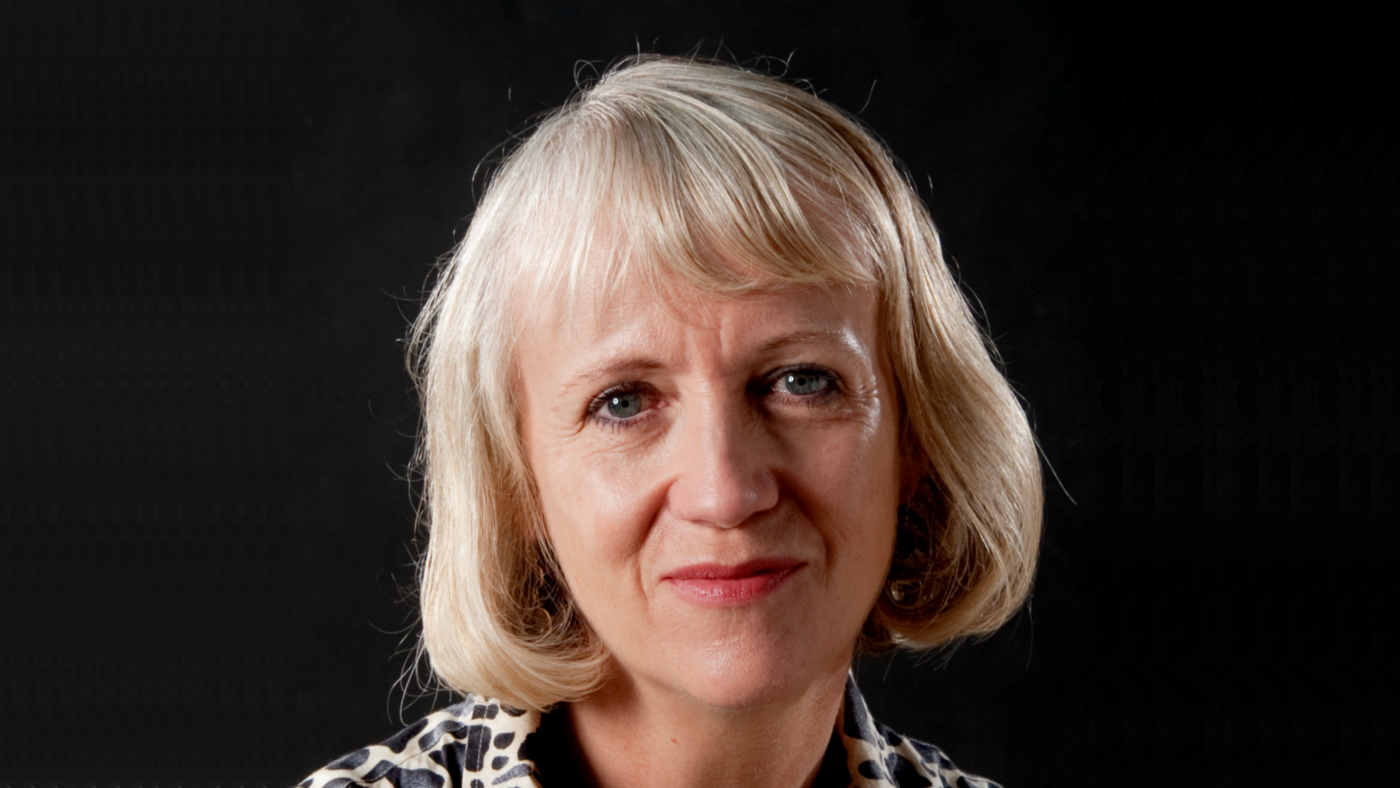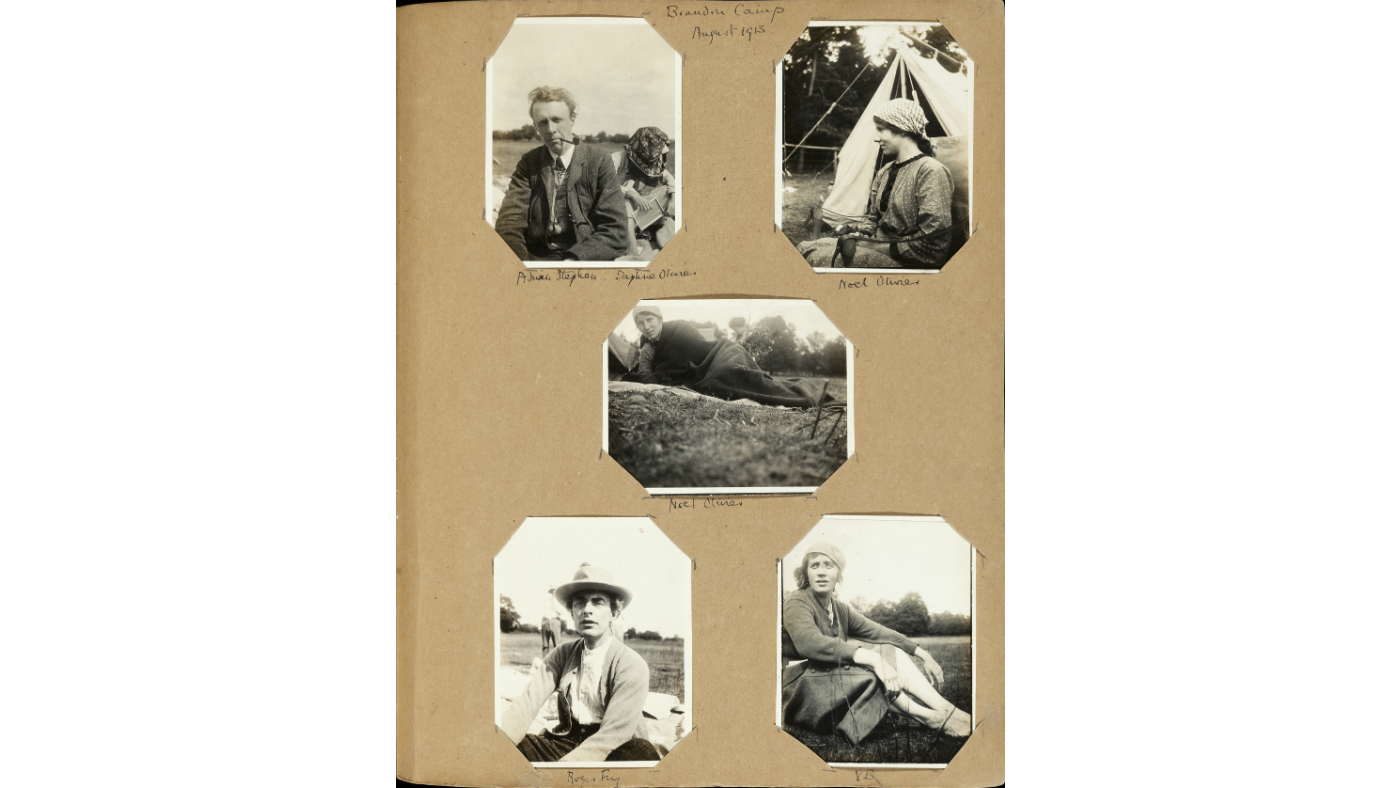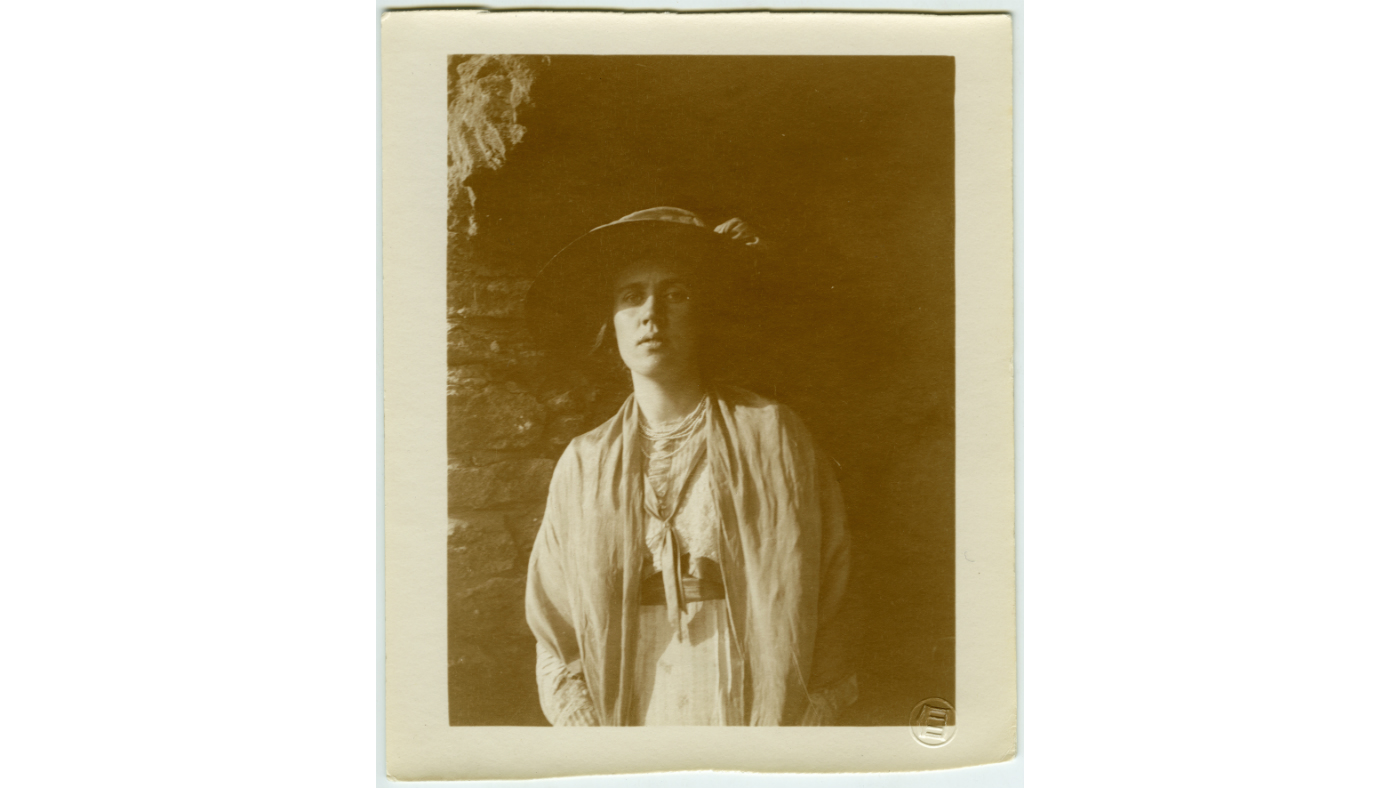Out of the shadows: Virginia Nicholson on Vanessa Bell
As an exhibition of Bell's work opens at the Dulwich Picture Gallery, her granddaughter brings a more personal side of the artist to light
A free daily email with the biggest news stories of the day – and the best features from TheWeek.com
You are now subscribed
Your newsletter sign-up was successful



I think it is marvellous that Vanessa Bell's work is being shown like this – she's finally being treated as a proper grown-up artist. The fact is that she's been somewhat eclipsed, partly by her sister, Virginia Woolf, and partly by the whole Bloomsbury baggage. She's become submerged by the tittle-tattle that surrounds the Bloomsbury Group and the tales of sexual shenanigans and complex relationships that have come to characterise the way people look at that very talented band of friends. So, while Vanessa has been thought of as a wife, mother, lover and muse, she has never been able to take centre stage as she herself would have liked – as an artist, which is what this exhibition has done very successfully, and I am delighted about that.
My grandmother died when I was five and a half, so I was very young, but my own memories of her are quite distinct; she was extremely real to me. I remember her as being very loving; as a grandmother she was always affectionate, playful and completely approachable, and she had a gentle, imaginative relationship with her grandchildren. She wasn't cuddly, but she was magnetic; she encouraged small children and didn't look down on them. She painted me at Charleston [the Sussex home of the Bloomsbury Group] in the studio. I hated having to sit still, but I was bribed with sixpence an hour and that got me into my party dress. However, I did fidget a lot. I can remember her saying, "Look at the pictures on the walls and tell me a story about them." That was such a lovely way of getting a small child to focus and sit still, by appealing to the imagination.
We would stay at Charleston for six weeks at a time in the summer holidays. My grandfather Clive didn't like small children much; he found them noisy and rumbustious. But if we were good we were allowed in after lunch, and I would always go into the dining room to find my grandmother sitting at the round table. She would play this game with me called "Brown Duck" where she would swim a sugar lump around her coffee in her teaspoon and then let it fall in. I would be allowed to eat it!
The Week
Escape your echo chamber. Get the facts behind the news, plus analysis from multiple perspectives.

Sign up for The Week's Free Newsletters
From our morning news briefing to a weekly Good News Newsletter, get the best of The Week delivered directly to your inbox.
From our morning news briefing to a weekly Good News Newsletter, get the best of The Week delivered directly to your inbox.
I wish I had been able to get to know Vanessa better and that she had lived longer. But what this exhibition has shown me is that there is another Vanessa to the one I recall; the young Vanessa was more serious, more intense, more powerful. I think in old age when I knew her, she showed that she had never really recovered from the death of her first son, Julian, who was a victim of the Spanish Civil War. It was a tragedy – he was 29 years old and she begged him not to go and fight. At her request he compromised, and worked as an ambulance driver. But that was just as dangerous and he lasted six weeks. Her relationship with him was very intense. I don't think she ever got over it.
Although after Julian's death she found a way to live her life, partly through her love for her grandchildren, I think it affected her painting. I'm glad to say this exhibition focuses on her early work, when she was a different person, not struck down, excited by the new visual language she was discovering, with a world of creative possibilities ahead of her.

There she was painting abstracts and incorporating ideas from Cubism and the works of Matisse on this side of the Channel. She really was ahead of her time. You can see this in the exhibition at Dulwich Picture Gallery. And, of course, there is a record here of characters from Bloomsbury: a room of portraits of her family and friends – Lytton Strachey, Iris Tree, Mary Hutchinson and Duncan Grant. But anyone going to this show will see her not just as a visual biographer of her circle but as an important artist.
The show is intelligently hung and intelligently interpreted. Dulwich is a remarkable gallery because it regularly picks up on painters and artists of the 20th century who have been invisible in full gaze. Many people know my grandmother by name, but don't know anything about her work. This exhibition has placed her in the centre. Here, among the abstracts, still lives and what we can now term powerful feminist works, we are not being told the story of someone who was having sexual adventures, but someone who had an important, genuine artist's vision.
A free daily email with the biggest news stories of the day – and the best features from TheWeek.com
There is also a collection of photographs in the exhibition – many of which I haven't seen before. In fact, there are lots of works here that are new to me. However, there is one exhibit I know well. It's a lovely letter displayed in the last room, which I suppose was chosen by the curators as a sort of gesture towards the future. It's one I lent that was written by Vanessa on the day I was born, congratulating my mother on the birth of her daughter. She says, how clever of you to produce a daughter, and asks, "Does she have an immense intellectual head?" She loved babies. My mother gave me this letter for my 60th birthday a year ago. I was very moved. I didn't know it existed. Now I treasure it and it has brought me closer to the memory of my wonderful grandmother.
VIRGINIA NICHOLSON is an internationally renowned author, following in the creative footsteps of her family. Her father is art historian and writer Quentin Bell; her mother Anne Olivier Bell edited the five volumes of Virginia Woolf's Diaries and her grandparents were prominent Bloomsbury Group members Vanessa Bell and Clive Bell; virginianicholson.co.uk
Vanessa Bell: 1879-1961 is at the Dulwich Picture Gallery, Gallery Road, Southwark, London SE21 7AD, until 4 June 2017; dulwichpicturegallery.org.uk
-
 What to know before filing your own taxes for the first time
What to know before filing your own taxes for the first timethe explainer Tackle this financial milestone with confidence
-
 The biggest box office flops of the 21st century
The biggest box office flops of the 21st centuryin depth Unnecessary remakes and turgid, expensive CGI-fests highlight this list of these most notorious box-office losers
-
 What are the best investments for beginners?
What are the best investments for beginners?The Explainer Stocks and ETFs and bonds, oh my